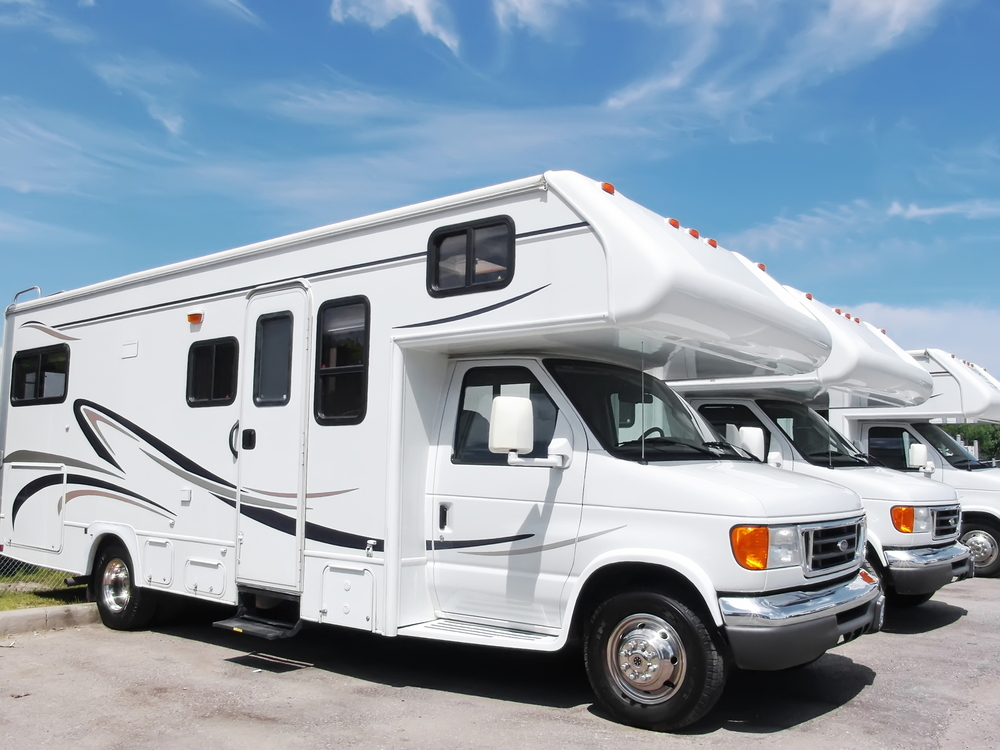
Mistakes to Avoid When Buying A Camper or RV
RVs and trailers are an enjoyable investment that have the potential to pay for themselves over time. Not having to pay for vacation lodging adds up. An RV, or recreational vehicle, is different from a trailer. An RV is a motor vehicle with living quarters. Motorhomes, campervans, caravans, fifth-wheel trailers, popup campers, and truck campers can all be examples of RVs.
Trailers are a different category. Trailers have to be pulled, typically by a truck or heavy duty vehicle with a hitch. Examples of trailers can be popup campers, travel trailers, and fifth wheel trailers. The purpose is the same, but the mode of travel is different. Knowing which type of recreational vehicle you want is the first step in the buying process. Below are some other mistakes buyers need to avoid before making their purchase:
1. Not sticking with a budget
Money is always an object. An object that will be a big part of every large purchase, including this one. Not sticking with a budget is not a good idea. Know your financial limitations, and buy based on what parameters those limitations fit in. Know in advance what you intend to use your RV or trailer for, and make a selection based on your individual needs. Make a list of what features are musts and which would just be nice to have. If nice to have items are within your budget, consider it an upgrade. Be sure to give yourself a buffer for things like RV covers. Things happen and unexpected expenses are always a part of life. Finding a used camper for sale might be a better option for you than buying new.
2. Not considering interest rates or taxes
Interest rates and taxes are sometimes hidden or unexpected financial surprises. Look into what taxes you would owe and if there are any tax breaks you could receive prior to making your purchase. A common interest rate for an RV or trailer is around 3.75%. Shop around though. Check with your bank or local credit union to see if they can do better. Even a half or fourth of a percentage point can make a big difference over time. Not considering interest rates or taxes is a big long-term mistake.
3. Buying too small
Going too small is another common mistake. It is understood you will have a budget, and can only spend so much. Don’t cut corners with size though. Remember you will be living in this RV or trailer, at least part of the time. You will typically have family or friends joining you. You want to have adequate space. You want to be comfortable. You don’t want to regret the purchase you made.
4. Forgetting tow weight capacity
Forgetting tow weight might sound like an obvious question to ask, but you would be surprised how often it is not. Whether you are towing a trailer with a vehicle or using your RV to tow a car behind it, you need to be sure this is logistically possible. If the vehicle you’re towing with can’t handle what is being towed, your trip might end much sooner than planned. This can be a dangerous problem for you and other travelers on the road.
5. Buying an RV or trailer in the wrong condition
RVs and trailers are expensive, and so are their repairs and upkeep. Buying an RV in the wrong condition can cost you a lot in a short amount of time. Having a mechanic go over the engine and transmission, and looking over the body carefully are both great suggestions. Ask questions about conditions, and hold the seller to an answer. You want to know exactly what you are getting. Surprises are rarely positive. Surprises with RVs and trailers will often cost you more money.


